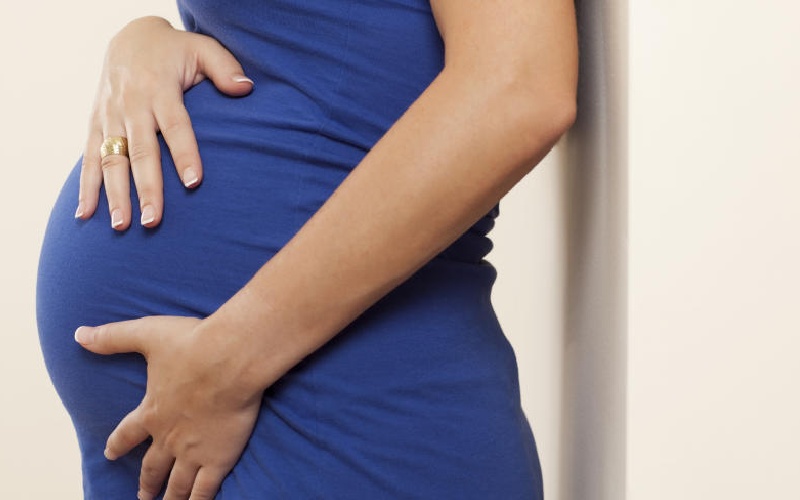×
The Standard e-Paper
Smart Minds Choose Us

Court rules Sections 158, 159 & 160 of the Penal Code are not inconsistent with the Constitution and the right to abortion is a fundamental right but it cannot be said to be absolute. [Getty Images]
At 18 years, PAK’s story will go into Kenya’s history books after she won a landmark case guaranteeing women and doctors a major reprieve on abortion.